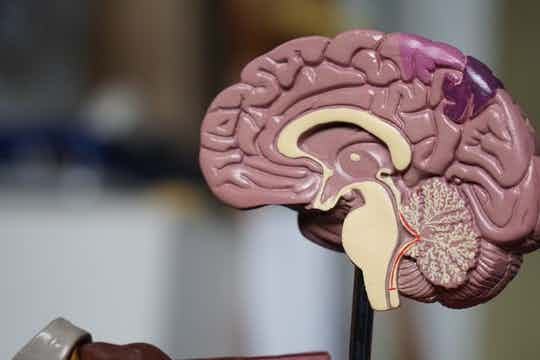According to researchers, people diagnosed with Covid are at increased risk of developing a range of neurological and psychological conditions. The results of a recent study showed that a third of those previously diagnosed with Covid went on to develop a range of such conditions over the next six months. According to the data, the risk for patients who are hospitalised or end up in intensive care with the virus is even higher.
It is thought the reason behind these conditions in Covid patients is two-fold. One is that the virus directly affects the brain. The second is the tremendous amount of stress that infected people are under.
Covid could lead to one of a range of disorders
Experts involved in the study claim those who are diagnosed with Covid could go on to develop one of a range of issues. The study highlighted several conditions linked to the virus, with the most common being anxiety and mood disorders. Other conditions highlighted in the report included dementia, stroke, psychosis, and even brain haemorrhage.
Medics said that anxiety and mood disorders were more common because they resulted from the stress people experienced after being diagnosed with the virus or hospitalised. On the other hand, conditions such as dementia and stroke were down to the virus's biological impact and how the body reacted to the infection.
Researchers assessed the medical records of over half a million patients as part of the study. Experts then evaluated the risk of the patients developing one of a range of conditions. The list of conditions investigated also included Parkinson's and Guillain-Barre syndrome. However, researchers concluded that Covid did not increase the chances of a patient developing these two conditions.
An observational study
The study carried out was simply an observational one, which means that researchers cannot say for sure whether the patients would have gone on to develop conditions anyway, regardless of Covid.
To get a better idea about the link between Covid and a variety of neurological and psychological conditions, experts compared the Covid participants with groups that had flu or other respiratory illnesses. They concluded that Covid had a stronger link to the development and onset of subsequent brain conditions compared to other respiratory problems.
The data suggests those diagnosed with Covid have a 16% higher chance of developing the other disorders than people with other respiratory diseases. They are also 44% more likely to develop these conditions compared to those who had the flu.
Third vaccine being rolled out in Wales
In the meantime, the vaccine rollout is continuing across the UK despite issues with supplies. Over recent months, both the Pfizer and the AstraZeneca vaccine have been used to provide protection and reduce the risk of hospitalisation, serious symptoms, and death across the nation.
It has now been reported that the Moderna vaccine is being rolled out across Wales. The UK has ordered seven different vaccines to protect against Covid, with Moderna the third to be introduced. So far, 17 million doses of this vaccine have been ordered, with Scotland receiving its initial batch at the start of this week.






